Best movies like Portrait: Werner Herzog
A unique, carefully handpicked, selection of the best movies like Portrait: Werner Herzog Starring Werner Herzog, Reinhold Messner, Lotte Eisner, Mick Jagger, and more. If you liked Portrait: Werner Herzog then you may also like: 14 Peaks: Nothing Is Impossible, Werner Herzog Eats His Shoe, Woyzeck, Nanga Parbat, No One Will Play with Me and many more popular movies featured on this list. You can further filter the list even more or get a random selection from the list of similar movies, to make your selection even easier.
An autobiographical short film by Werner Herzog made in 1986. Herzog tells stories about his life and career. The film contains excerpts and commentary on several Herzog films, including Signs of Life, Heart of Glass, Fata Morgana, Aguirre, the Wrath of God, The Great Ecstasy of Woodcarver Steiner, Fitzcarraldo, and the Les Blank documentary Burden of Dreams. Notable is footage of a conversation between Herzog and his mentor Lotte Eisner, a photographer. In another section, he talks with mountaineer Reinhold Messner, in which they discuss a potential film project in the Himalayas to star Klaus Kinski.
You may filter the list of movies on this page for a more refined, personalized selection of movies.
Still not sure what to watch click the recommend buttun below to get a movie recommendation selected from all the movies on this list
Werner Herzog Eats His Shoe
Directors Werner Herzog and Errol Morris make a bet which results in Herzog living up to his promise that he would eat his shoe if Errol Morris ever completed the film Gates of Heaven.
Woyzeck
Having fathered an illegitimate child with his lover, Marie, feckless soldier Franz Woyzeck takes odd jobs around his small town to provide some extra money for them. One of them is volunteering for experiments conducted by a local doctor, who puts Woyzeck on a diet of peas. This serves to drive him close to madness, and the discovery that Marie is involved in an affair with the local drum major exacerbates the situation. Pushed too far, Woyzeck resorts to violence.
Nanga Parbat
Drama about the tragic Nanga Parbat expedition by the two Messner brothers in 1970, on which Reinhold Messners younger brother Günther died.
No One Will Play with Me
A darkly humorous short documentary about a preschool-age boy ostracised from interactions with his classmates until a girl who has become interested in his pet crow provides the link to social acceptance.
Nosferatu the Vampyre
Jonathan Harker, a real estate agent, goes to Transylvania to visit the mysterious Count Dracula and formalize the purchase of a property in Wismar. Once Jonathan is caught under his evil spell, Dracula travels to Wismar where he meets the beautiful Lucy, Jonathan's wife, while a plague spreads through the town, now ruled by death.
Jag Mandir
Jag Mandir is a quiet and often overlooked film in the vast oeuvre of Werner Herzog. Apparently, 20 hours of footage was shot that covered the whole fest and the film hardly presents us a twentieth of that. A native walking into the film in between may well fail to immediately realize that it is his country that is being shown and these are figures from the mythology of various sections of his nation.
Aguirre, the Wrath of God
A few decades after the destruction of the Inca Empire, a Spanish expedition led by the infamous Aguirre leaves the mountains of Peru and goes down the Amazon River in search of the lost city of El Dorado. When great difficulties arise, Aguirre’s men start to wonder whether their quest will lead them to prosperity or certain death.
Bells from the Deep
A group of pilgrims lie down on the thin ice of the lake Svetloyar and begin to look for the city of Kitesh. According to the legend, God saved the city from the Mongolian prince Batyi's soldiers by letting it sink to the bottom of the lake. If you listen carefully you can hear the bells of the Kitesh cathedral toll deep down.
Burden of Dreams
The Amazon rain forest, 1979. The crew of Fitzcarraldo (1982), a film directed by German director Werner Herzog, soon finds itself with problems related to casting, tribal struggles and accidents, among many other setbacks; but nothing compared to dragging a huge steamboat up a mountain, while Herzog embraces the path of a certain madness to make his vision come true.
Signs of Life
During World War II, three German soldiers are withdrawn from combat when one of them, Stroszek, is wounded. They are assigned to a small coastal community on the Greek island of Kos while Stroszek recuperates. The men become increasingly stir crazy in their uneventful new assignment. Stroszek eventually goes mad.
Fata Morgana
Shot under extreme conditions and inspired by Mayan creation theory, the film contemplates the illusion of reality and the possibility of capturing for the camera something which is not there. It is about the mirages of nature—and the nature of mirage.
Fitzcarraldo
Fitzcarraldo is a dreamer who plans to build an opera house in Iquitos, in the Peruvian Amazon, so, in order to finance his project, he embarks on an epic adventure to collect rubber, a very profitable product, in a remote and unexplored region of the rainforest.
The Great Ecstasy of Woodcarver Steiner
A study of the psychology of a champion ski-flyer, whose full-time occupation is carpentry.
Grizzly Man
Werner Herzog's documentary film about the "Grizzly Man" Timothy Treadwell and what the thirteen summers in a National Park in Alaska were like in one man's attempt to protect the grizzly bears. The film is full of unique images and a look into the spirit of a man who sacrificed himself for nature.
Heart of Glass
A small Bavarian village is renowned for its "Ruby Glass" glass blowing works. When the foreman of the works dies suddenly without revealing the secret of the Ruby Glass, the town slides into a deep depression, and the owner of the glassworks becomes obssessed with the lost secret.
Incident at Loch Ness
When renowned director Werner Herzog and fellow filmmaker Zak Penn set off to explore the legend of Scotland's Loch Ness monster, they uncover much more than they bargained for. Unexplained sightings of the creature and chaos among the crew create an uneasy feeling that things aren't what they seem.
Lessons of Darkness
Shot in documentary style from the perspective of an almost alien observer, the film is an exploration of the ravaged oil fields of post-Gulf War Kuwait. An effective companion to his earlier film Fata Morgana, Herzog again perceives the desert as a landscape with its own voice, as he glides over seas of oil, geyser-like infernos, monstrous smoke plumes and ashen roadways. With musical accompaniment by Wagner, Prokofiev and Pärt to boot, he observes the soot-covered creatures allured by the blaze.
Little Dieter Needs to Fly
In 1966, Dieter Dengler was shot down over Laos, captured, and, down to 85 pounds, escaped. Barefoot, surviving monsoons, leeches, and machete-wielding villagers, he was rescued. Now, near 60, living on Mt. Tamalpais, Dengler tells his story: a German lad surviving Allied bombings in World War II, postwar poverty, apprenticed to a smith, beaten regularly. At 18, he emigrates and peels potatoes in the U.S. Air Force. He leaves for California and college, then enlistment in the Navy to learn to fly. A quiet man of sorrows tells his story: war, capture, harrowing conditions, escape, and miraculous rescue. Where did he find the strength; how does he now live with his memories?
Morituri
As the end of the Second World War approaches and the Soviet Red Army is advancing, a group of concentration camp inmates is helped to escape by a Polish doctor. They hide in a wood where they meet other fugitives, who have been there for months, constantly in fear of being discovered. Out of fear of the German army patrols, they do not dare to leave the forest, even as the food supplies run low.
My Best Fiend
A film that describes the love-hate relationship between Werner Herzog and Klaus Kinski, the deep trust between the director and the actor, and their independently and simultaneously hatched plans to murder one another.
Stanley Kubrick: A Life in Pictures
With commentary from Hollywood stars, outtakes from his movies and footage from his youth, this documentary looks at Stanley Kubrick's life and films. Director Jan Harlan, Kubrick's brother-in-law and sometime collaborator, interviews heavyweights like Jack Nicholson, Woody Allen and Sydney Pollack, who explain the influence of Kubrick classics like "Dr. Strangelove" and "2001: A Space Odyssey," and how he absorbed visual clues from disposable culture such as television commercials.
A Life for Movies - Lotte Eisner
Born in Berlin in 1896, Lotte Eisner became famous for her passionate involvement in the world of both German and French cinema. In 1936, together with Henri Langlois, she founded the Cinémathèque Française with the goal of saving from destruction films, costumes, sets, posters, and other treasures of the 7th Art. A Jew exiled in Paris, she became a pillar of the capital's cultural scene, where she promoted German cinema.
The Dark Glow of the Mountain
Werner Herzog follows mountaineers Hans Kammerlander and Reinhold Messner during their expedition into climbing the Gasherbrum mountains, which has some of the most difficult peaks to be conquered, and they'll do it without the use of oxygen tanks. Herzog also takes some time to hear about their past experiences with other mountains, their personal tragedies and the reasons why they are so involved with such activity.
God's Angry Man
The documentary follows Gene Scott, famous televangelist involved with constant fights against FCC, who tried to shut down his TV show during the 1970s and '80s, and even argues with his viewers, complaining about their lack of support by not sending enough money to keep going with the show.
The Transformation of the World Into Music
This film was prepared as a introduction to a series of opera broadcasts on German television. It depicts the behind-the-scenes manoeuvrings in preparation for the annual opera festival in Bayreuth.
Nosferatu – Ein Film wie ein Vampir
From Murnau to Herzog, and until modern incarnations, a mischievous exploration of a cinematographic legendary character, with Nosferatu himself as a guide...
Rainer Werner Fassbinder - The culture industry needs someone like me
Rainer Werner Fassbinder - Der Kulturbetrieb braucht so etwas wie mich AKA Rainer Werner Fassbinder - The culture industry needs someone like me Attempt at a psychogram about Rainer Werner Fassbinder, who answers the author's questions about his artistic and human career in a sometimes frighteningly laconic way. Excerpts from his film "Warning before a holy hooker" document how much the life context of his group of actors shaped the work of the director, who died in 1982.
Ten Minutes Older: The Trumpet
Ten Minutes Older is a 2002 film project consisting of two compilation feature films entitled The Trumpet and The Cello. The project was conceived by the producer Nicolas McClintock as a reflection on the theme of time at the turn of the Millennium. Fifteen celebrated film-makers were invited to create their own vision of what time means in ten minutes of film.
Autumn Milk
With the death of her mother, eight-year-old Anna ends her childhood: From now on, she has to look after the nine-member family. Deprivation-rich years, which also find no end when Anna marries: Her husband Albert must be a soldier in the Second World War, and the pregnant Anna has to work hard in the farm and care sick relatives. Lonely and exposed to the harassment of the tyrannical mother-in-law, she waits for Albert, with no certainty that he will ever return.
The Alpinist
Marc-André Leclerc, an exceptional climber, has made solo his religion and ice his homeland. When filmmaker Peter Mortimer begins his film, he places his camera at the base of a British Columbia cliff and waits patiently for the star climber to come down to answer his questions. Marc André, a little uncomfortable, prefers to return to the depths of the forest where he lives in a tent with his girlfriend Brette Harrington. In the heart of winter, Peter films vertiginous solos on fragile ice. He tries to make appointments with the climber who is never there and does not seem really concerned by this camera pointed at him "For me, it would not be a solo if there was someone else" . Marc-André is thus, the "pure light" of the mountaineers of his time, which marvel Barry Blanchard, Alex Honnold or Reinhold Messner, interviewed in the film. An event film for an extraordinary character.

















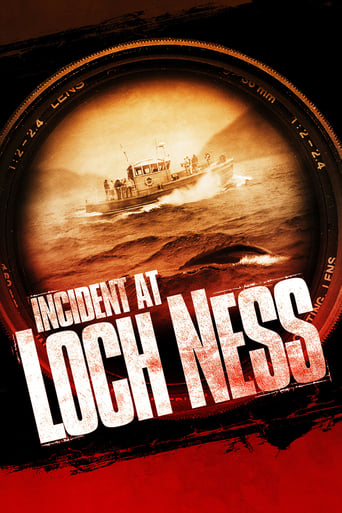














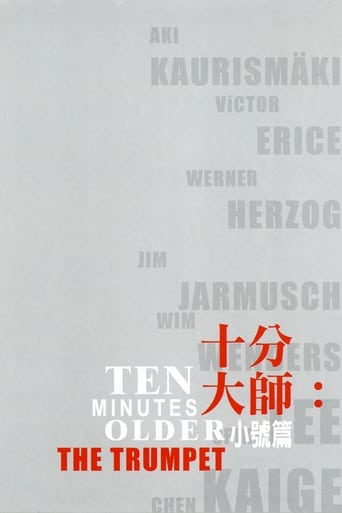


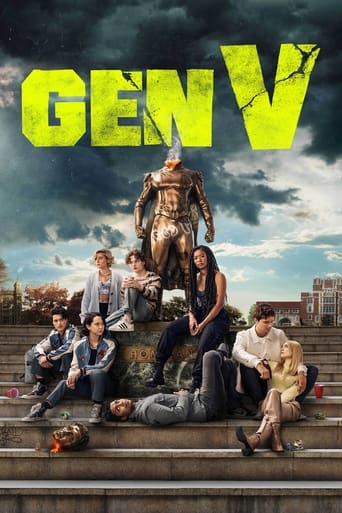
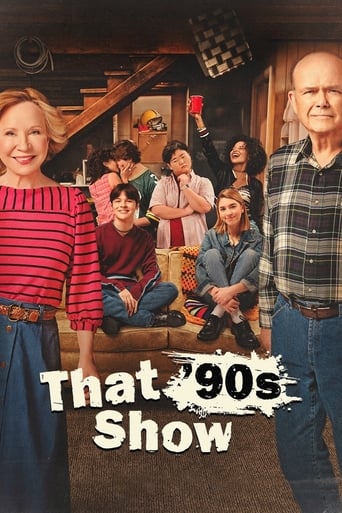
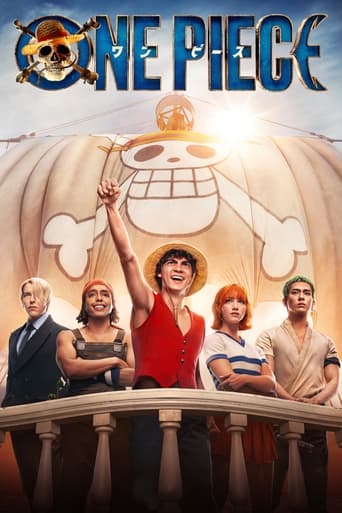
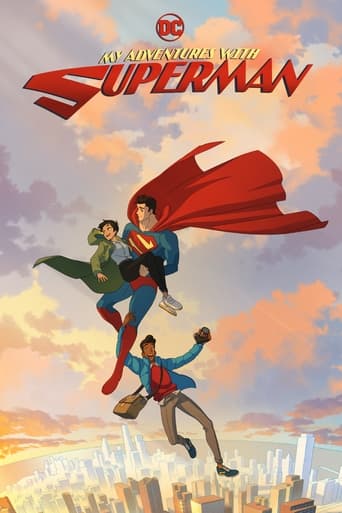
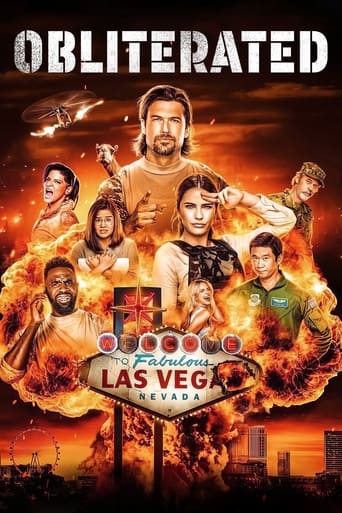
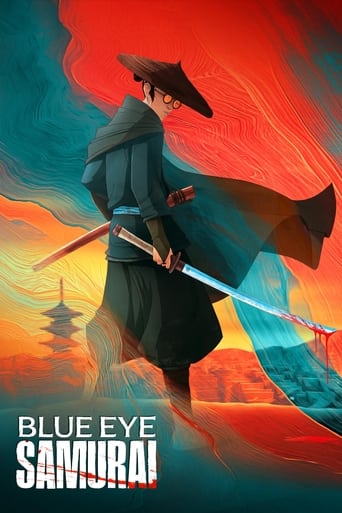
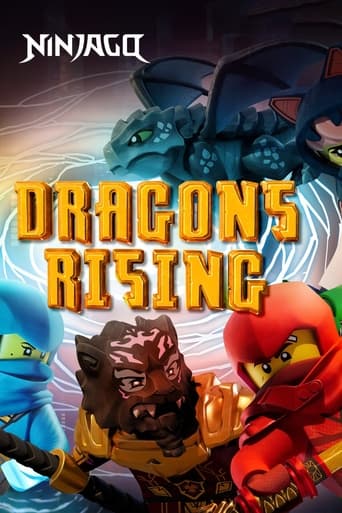
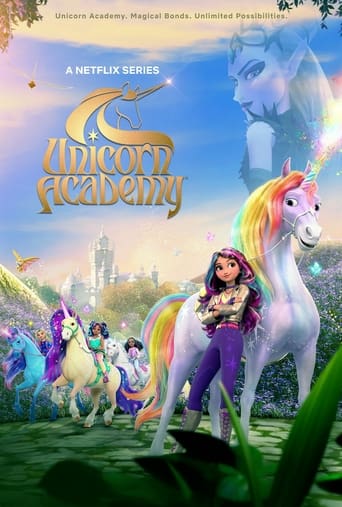
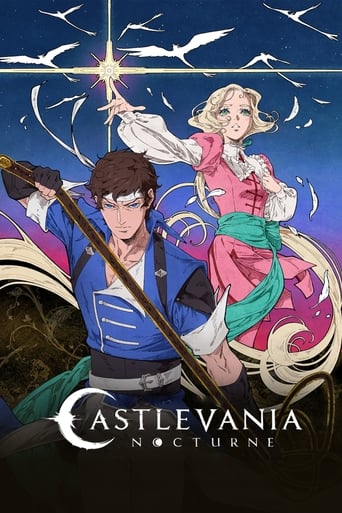


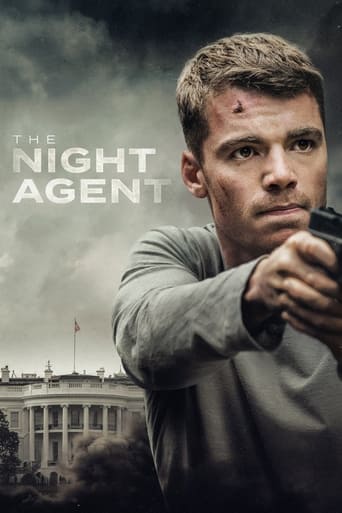
14 Peaks: Nothing Is Impossible
In 2019, Nepalese mountain climber Nirmal “Nims” Purja set out to do the unthinkable by climbing the world’s fourteen highest summits in less than seven months. (The previous record was eight years). He called the effort “Project Possible 14/7” and saw it as a way to inspire others to strive for greater heights in any pursuit. The film follows his team as they seek to defy naysayers and push the limits of human endurance.